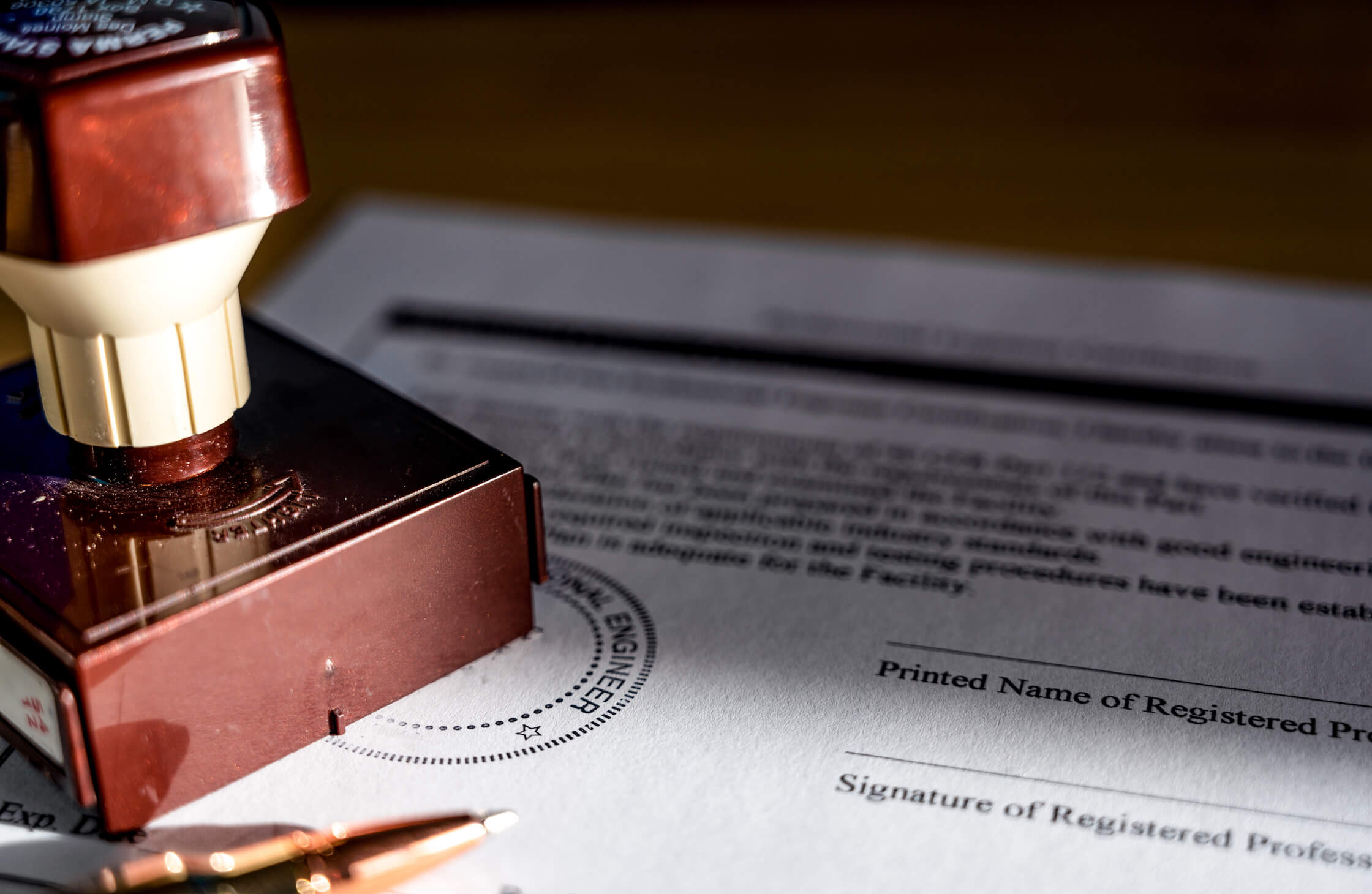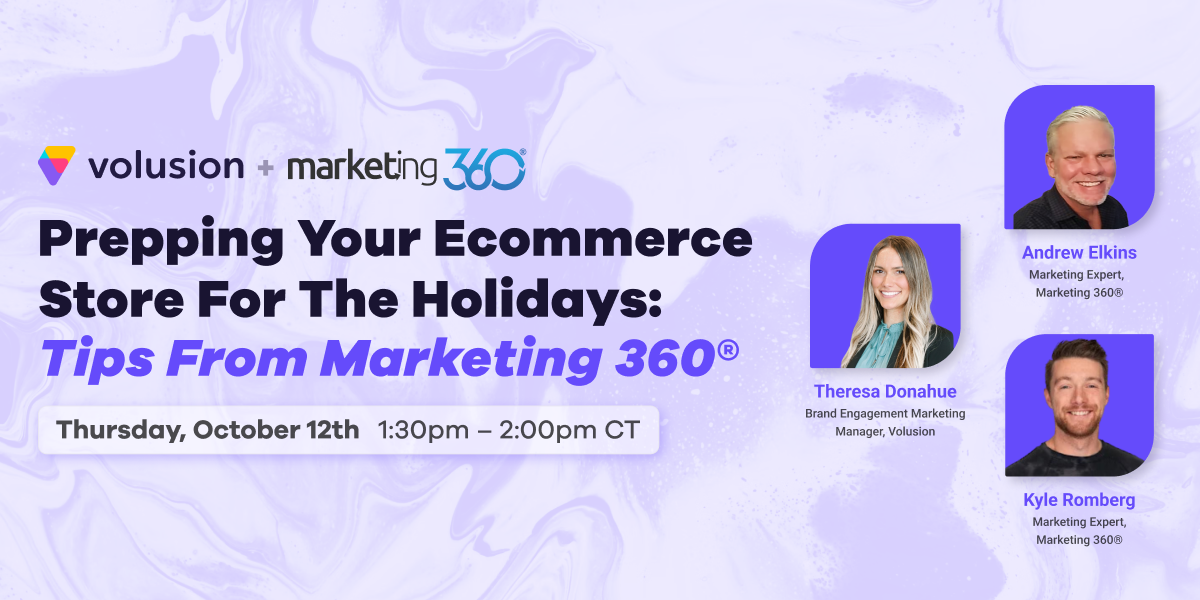
If you're wondering whether your online business needs a business license or other permits in order to operate legally, the answer is yes. Obtaining the proper ecommerce business licenses and permits is a crucial step in starting your online business.
The good news for ecommerce companies is that you don't need many business licenses, and the ones you need are fairly easy to acquire. Below, we walk through some common ecommerce business licenses that most online businesses need to stay compliant with regulations and tax laws.
Note: Keep in mind that licensing requirements can vary by state. You’ll need to check with your state's licensing boards to make sure you're getting the appropriate licenses.
Common Ecommerce Licenses & Permits
- Business Operation License
- Employer Identification Number (EIN)
- Doing Business As (DBA) License
- Seller’s Permit
- Sales Tax License
- Home Occupation Permit
- Occupational License
1. Business Operation License
A Business Operation License allows your ecommerce business to conduct business in your city, county, or state. Virtually every online business will need a version of this license to operate legally.
The regulations surrounding these licenses and how to register for them vary by location, so contact your local City Hall or check your state's Secretary of State website to find and apply for the correct license. The requirements for obtaining these licenses are usually fairly easy to follow, and you'll probably have to pay a small fee.
Make sure to check whether your Business Operation License needs to be renewed—operating a business with an expired license can result in fees or fines.
2. Employer Identification Number (EIN)
An Employer Identification Number (EIN) is a federal tax ID number issued by the IRS that identifies your business as a distinct tax entity. While not technically a license, an EIN ensures that your business collects payroll tax and stays in compliance, so it's a VERY good idea to get one so you can avoid business tax-related hassles down the road.
If you plan on hiring employees, are incorporated as an LLC or corporation, or plan to open a business bank account, an EIN number is a necessity. Visit the IRS website to file an EIN.
3. Doing Business As (DBA) License
A Doing Business As (DBA) License gives you the opportunity to operate your online business under a name other than your own—for example, you may wish to operate your business as “Austin Homemade Candle Company” instead of “Jane Smith.”
A DBA is not mandatory, but since it fulfills some requirements for opening a business bank account and enforcing any necessary contracts, it’s definitely something to consider getting. If you would like to register for a DBA, you must file with your county or state.
4. Seller’s Permit
A Seller's Permit (or Seller's License) is required for most businesses that sell goods or services online. Nearly all states require a Seller's Permit to legally sell products online, but the requirements, fees, and other details vary by state. Check with your state’s Licensing Office or Department of Revenue to make sure you get the appropriate permits.
This business license is still required even if you're selling digital or other intangible products or services, so make sure to apply for the correct sellers' permits from your state.
5. Sales Tax License
Home-based businesses selling taxable products and services must pay sales tax on the items sold, which will require getting a Sales Tax License. It’s important to note that sales tax differs from state to state, so you’ll need to check with the state and localities you do business in to make sure you’re following their rules.
Outside of a Sales Tax License, make sure to research whether there are any other tax permits required by the state you do business in. One thing you should absolutely avoid doing is collecting sales tax when you're not licensed, as this can result in hefty fees.
6. Home Occupation Permit
Many ecommerce business owners operate their companies from their homes. This allows them to avoid licenses and permits that come with commercial properties, but it doesn’t exempt them from all licenses.
Filing for a Home Occupation Permit ensures that your neighborhood is zoned for home business activity—that is, your business is not adding additional or unnecessary traffic or noise to the community. Check your city’s government website for instructions on how to apply for a Home Occupation Permit in your area.
7. Occupational License
Not every online business will need an Occupational License—whether your ecommerce business needs this license depends on the type of industry you’re in and the work you do. If you’re an accountant, for example, you will need an Occupational License to conduct business and establish credibility.
Tools like the National Occupational Licensing Database can help you determine whether you need an Occupational License. If your business requires special training, education, or licensing to operate legally, you'll need to get the corresponding occupational permits. If you're just selling merchandise online, it's unlikely you'll need an Occupational License.
Final Thoughts
There are even more licenses and permits, like Environmental Permits and Health Permits, that may pertain to your ecommerce business. Always check with your state and local jurisdictions to make sure you have every business license and permit required to operate your company before you open for business so you can avoid unnecessary fines or notices.
Not sure where to get started? Find official websites and contact information for your local government entities on usa.gov.











